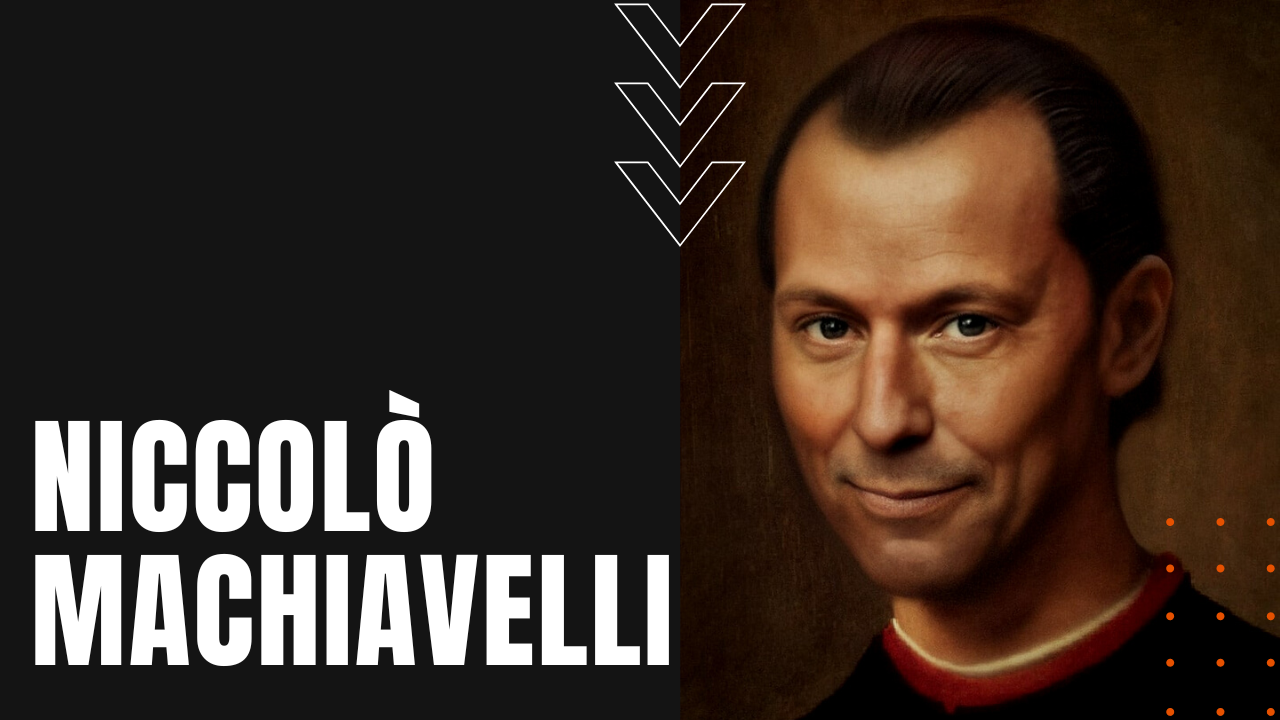Niccolò Machiavelli: Exile, The Prince, Cesare Borgia, and More

Who Was Machiavelli?
Born into a long and well-respected family of Italian politicians, Niccolò Machiavelli was exiled from his long-held position in Florentine government when the Medici family returned to power in 1512.
Inspired By Cesare Borgia: The Prince
After observing firsthand the oftentimes brutal and cunning leadership of Papal States Prince Cesare Borgia, in particular, when Borgia lured enemies into the city of Senigallia with promises of friendship and gifts, only to have the men assassinated, Machiavelli wrote The Prince in 1513, during the height of the Italian Renaissance.
Not published until five years after Machiavelli’s death, his book chronicles what he felt were the necessary traits of a strong sovereign, particularly one capable of restoring Florence to its former glory. During his years as a Florentine statesman—a period mired by near-constant power struggles between the cities-states of Italy, the Holy Roman Empire, and foreign interlopers such as Spain and France, Machiavelli had observed traits by many regional leaders, which bolstered power and influence in their favor.
Abject Immorality
Unlike the noble traits of fairy tale princes and kings, Machiavelli maintained that a true leader ruled by calculated brutality, and when necessary, abject immorality. According to Machiavelli, the ends always justified the means, no matter how brutal or unethical those means might be.
“The fact is that a man who wants to act virtuously in every way necessarily comes to grief among so many who are not virtuous,”
Machiavelli
he wrote in The Prince, because people are “quick to change their nature when they imagine they can improve their lot.”
The Art of War
While Machiavelli also wrote a second work known as The Art of War, which detailed a citizen’s role in supporting military troops and military strategy to a nation’s benefit, his writings in The Prince spawned centuries of both praise and outrage, including a 1559 ban on the book by the Catholic Church, followed by a second ban in Elizabethan England and stiff condemnation by the recently-formed Protestant Church.
The book also made Machiavelli’s name synonymous with deceitful, unprincipled behavior, making the life and political writings of Niccolò Machiavelli, a unique perspective in the long annals of human governance.
